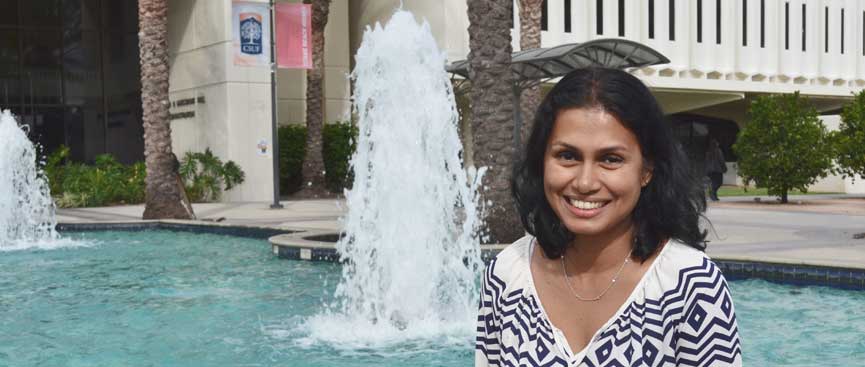Alumni Perspective: Keppetipola
Preparing for an academic career
[[ PAGE BANNER: see the home page instructions for adding new images. Image should be 864 pixels wide by any height. ]]

An interview with Niroshika Keppetipola
Q
A
How do you think the TPCB program prepared you for running your own lab and guiding your own students?
I had a fantastic advisor in Stewart Shuman who trained me as a scientist. I still think of traits that I got from him when I do experiments in the lab. He was an amazing mentor. In turn, I had the chance to mentor the younger PhD students when I was in TPCB. It was also a priceless opportunity to see professors who were leaders in their fields, who discovered the discoveries themselves, teaching us the different components of life science. We used to do regular research presentations ourselves to the other TPCB students, so everybody knew what other people were doing and could get an idea of the equipment and the methods they were using in their labs.
Q
A
Did you always anticipate a career in academia?
No, I didn’t. When I came to do my PhD, it was purely because I just loved doing science. In my 4th year, the conversations with Stew became, “so what do you want to do?” I was undecided because I knew it was very hard to be in academia and have a family and I was just having my first child. He helped me figure it out. Stew was instrumental in saying, “If you like the ride, stay on the train. You just have to find a place that’s good for you and find balance.” It was great advice, to go for a postdoc and stay on the train as far as it goes. During my postdoc, I gave some guest lectures at UCLA and discovered that I really enjoyed teaching. My postdoc advisor was very supportive of my plans to get teaching experience, so I taught a science class at UCLA while completing my research. By that point, I had decided that I wanted to go to a school that had both teaching and research.
Q
A
What is the focus of your lab today?
We’re trying to understand how chemical modification of a protein, such as adding a phosphate group or acetate group, changes the function of that protein. I’m studying this idea in the context of RNA binding proteins that function as splicing factors. These RNA binding proteins function as regulators of a process called alternative splicing. Recent data highlight that these proteins are post-translationally modified. So they have all of these different chemical groups on them but we don’t know what these modifications are actually doing in terms of regulating the protein functions. The focus in my lab is on a protein called PTBP-1; it’s the protein that I worked with as a postdoc in Douglas Black’s lab at UCLA.
Q
A
What else can you share about your experience in TPCB?
I would highlight the collaborative efforts that are possible. You can collaborate with any member of the faculty on your research, up to three or four if you have a useful plan, and the institutions are right next-door. Because the labs are close by, it’s very feasible to do. You can do a lot of interdisciplinary research, like the student who is interested in doing immunology coupled with synthetic organic chemistry; it is possible because the institutions are close by. Also the energy of Manhattan had a very positive impact on me, everybody seems to be working with a purpose and you get caught up in that. There is a lot of support for your research in terms of the availability of resources, facilities, and colleagues to engage in discussions about your work, which overall helps to advance your research. Also, there was never an issue about my pregnancy; the TPCB program and my PhD mentor were very supportive and accommodating about it. It was a fantastic program.


